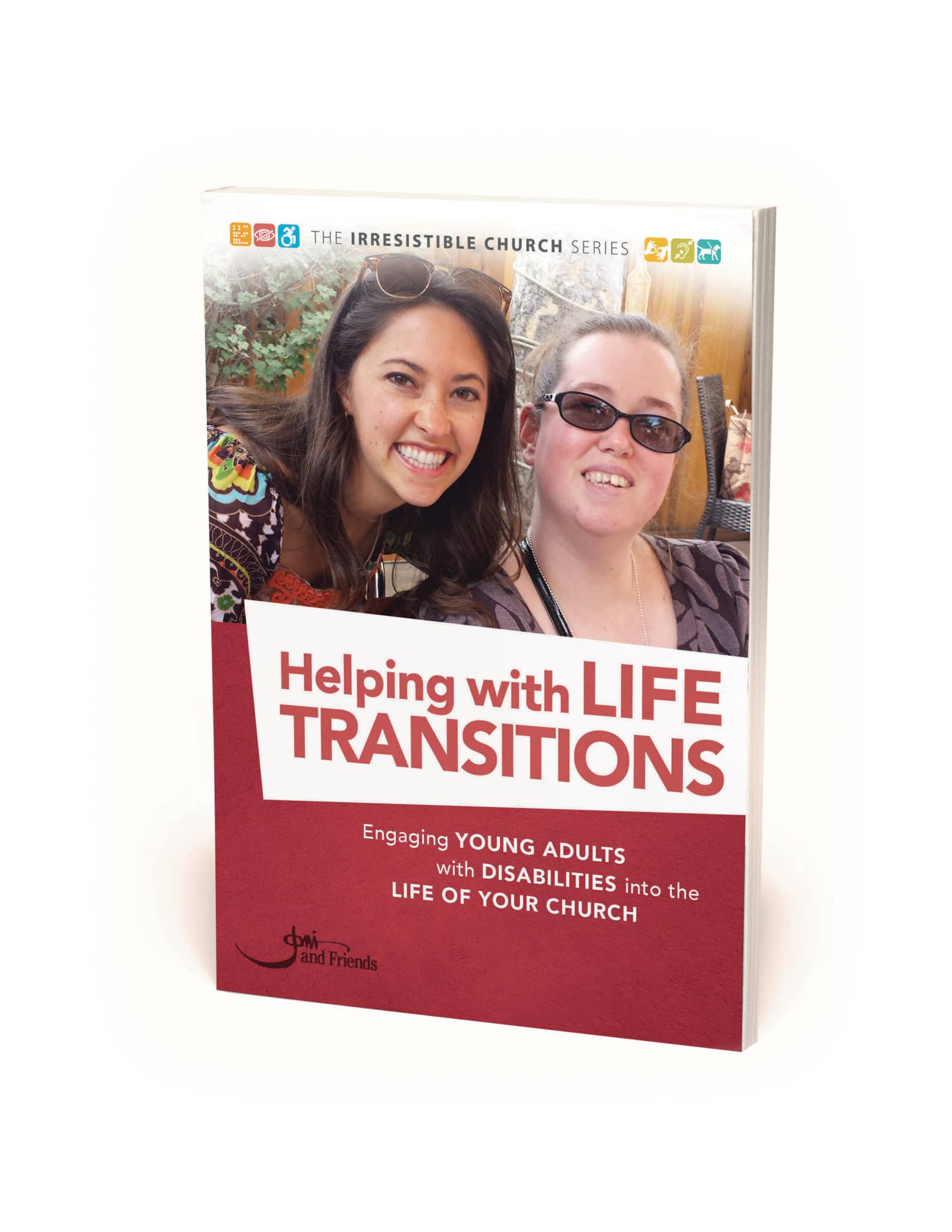How to Help People with Disabilities Transition From One Church Program to the Next
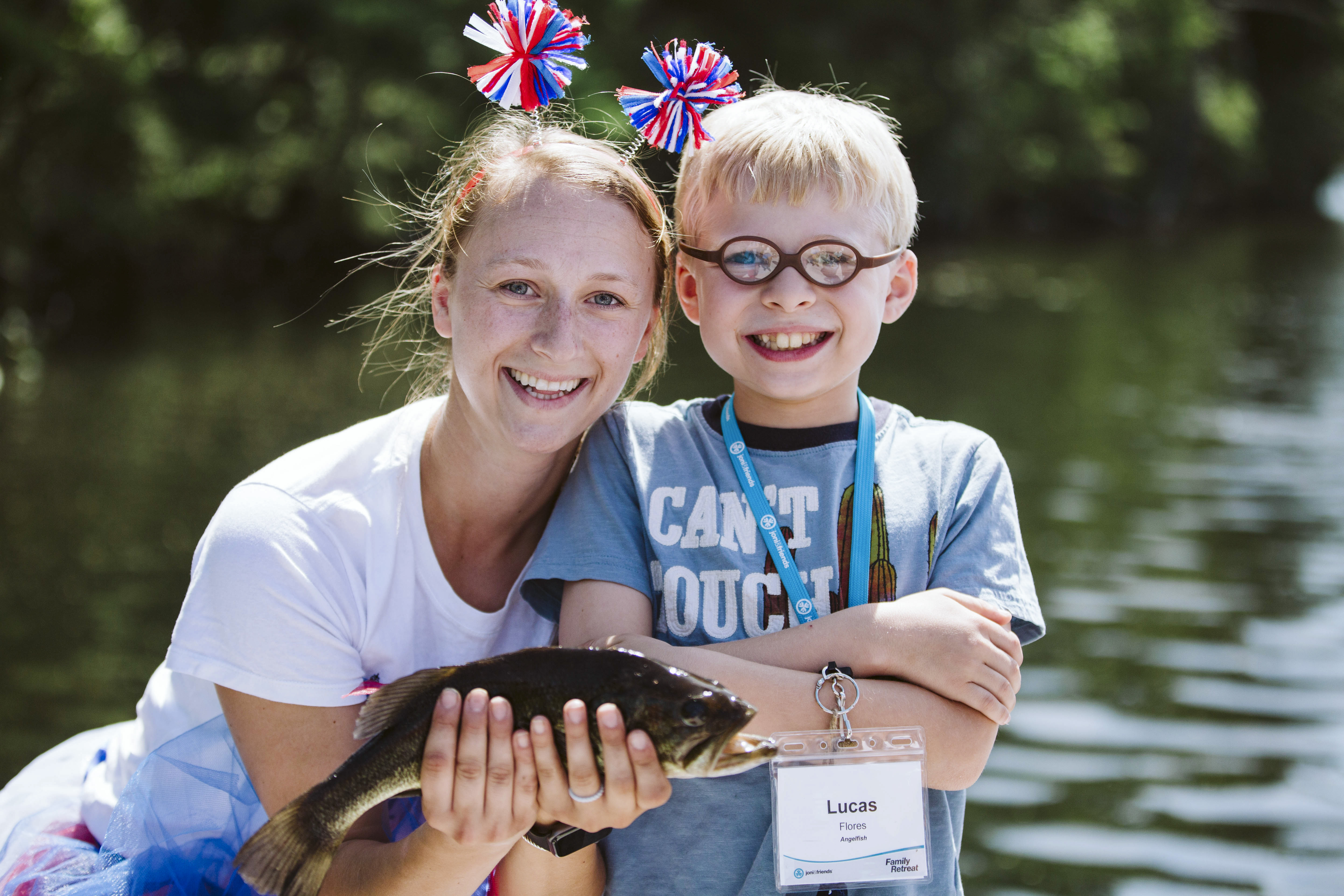
Change can be hard for all of us. But for people with intellectual and developmental disabilities, changes and transitions can be among the most challenging life experiences.
Changing schools, routines, medication, or ministries at church can leave them feeling disoriented, afraid, and angry. And in many cases, one transition comes along with another!
For example, transitioning between elementary school and middle school comes with the added challenges of puberty! For this reason, minimizing the amount of “newness” someone must cope with all at once will greatly ease their discomfort.
Each ministry is structured somewhat differently to accommodate the needs of that group. Preparing for and assisting with these transitions can be helpful to the students, staff, and volunteers. With new people, new programs, new physical spaces, new rhythms, new hormones, new rules, and new expectations (just to name a few!), transitions can be very overwhelming. Each of these “new” things is a potential barrier or hurdle. So how do we reduce the impact of all that’s new?
Consider ways you can introduce the transition to a new ministry program gradually. The more familiarity you can build in, the more successful the transition will be!
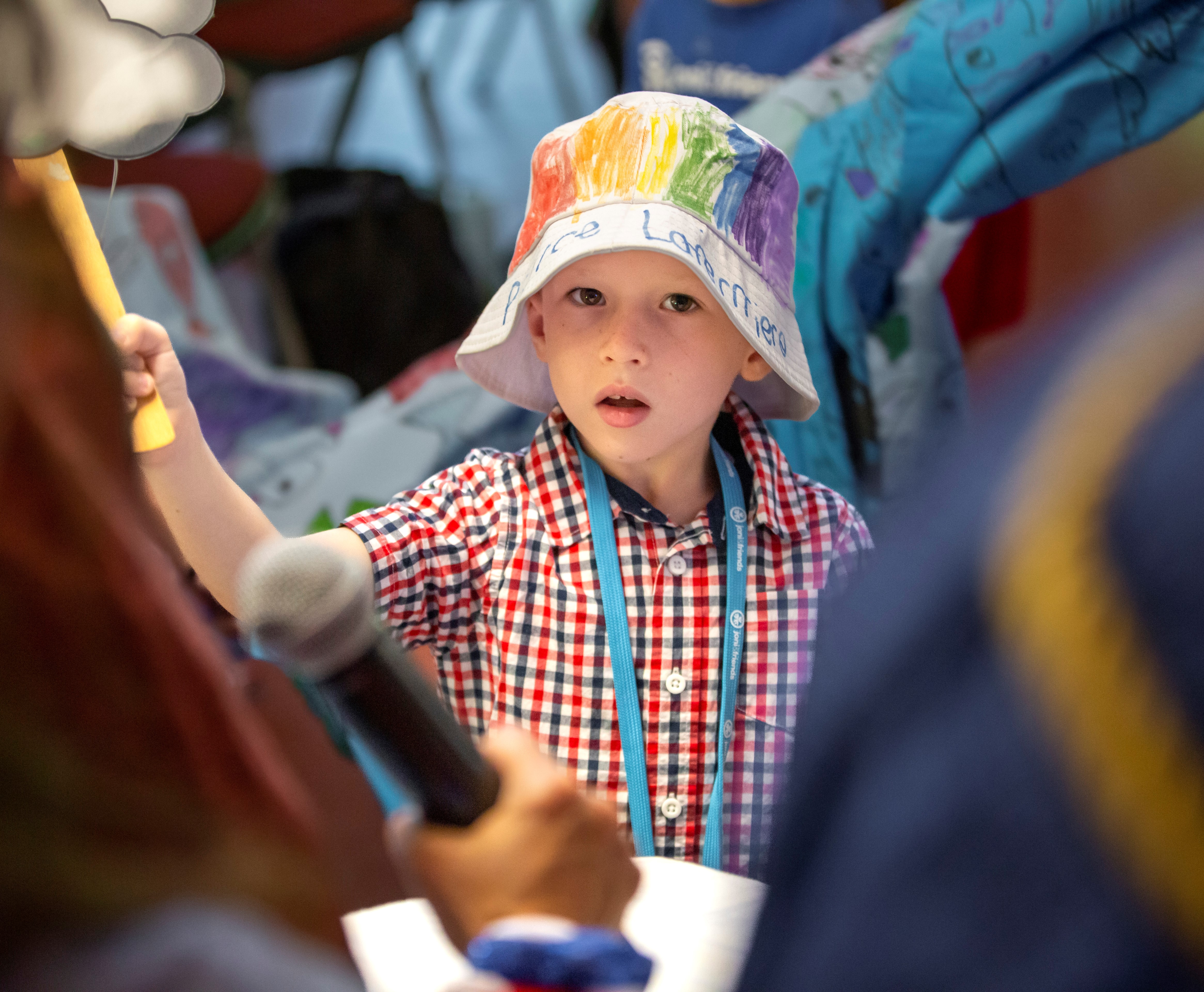
Off-Hours Exploration
Being thrust into a new room filled with unfamiliar people, noises, and routines can be disorienting for anyone.
This is especially true for those who are easily overwhelmed by a chaotic sensory environment, or who crave familiar structures and routines. In this case, allowing the person to familiarize themselves with a new space without the hustle and bustle of a full room is hugely beneficial.
Allow off-hours exploration with:
- The new room
- The new leaders
- The new routine
It can be difficult to get the lay of the land when the room is packed full of people. You might also invite some key leaders for a meet and greet in a low-stress environment. This is helpful for everyone!
Progressive Participation
Transitions don’t have to be all or nothing. Allowing students to participate in one element of the new program (such as worship) for several weeks before making a complete change can create familiarity. This experience with the new ministry, without requiring a hard break from what’s familiar, may even build anticipation and excitement for a full transition!
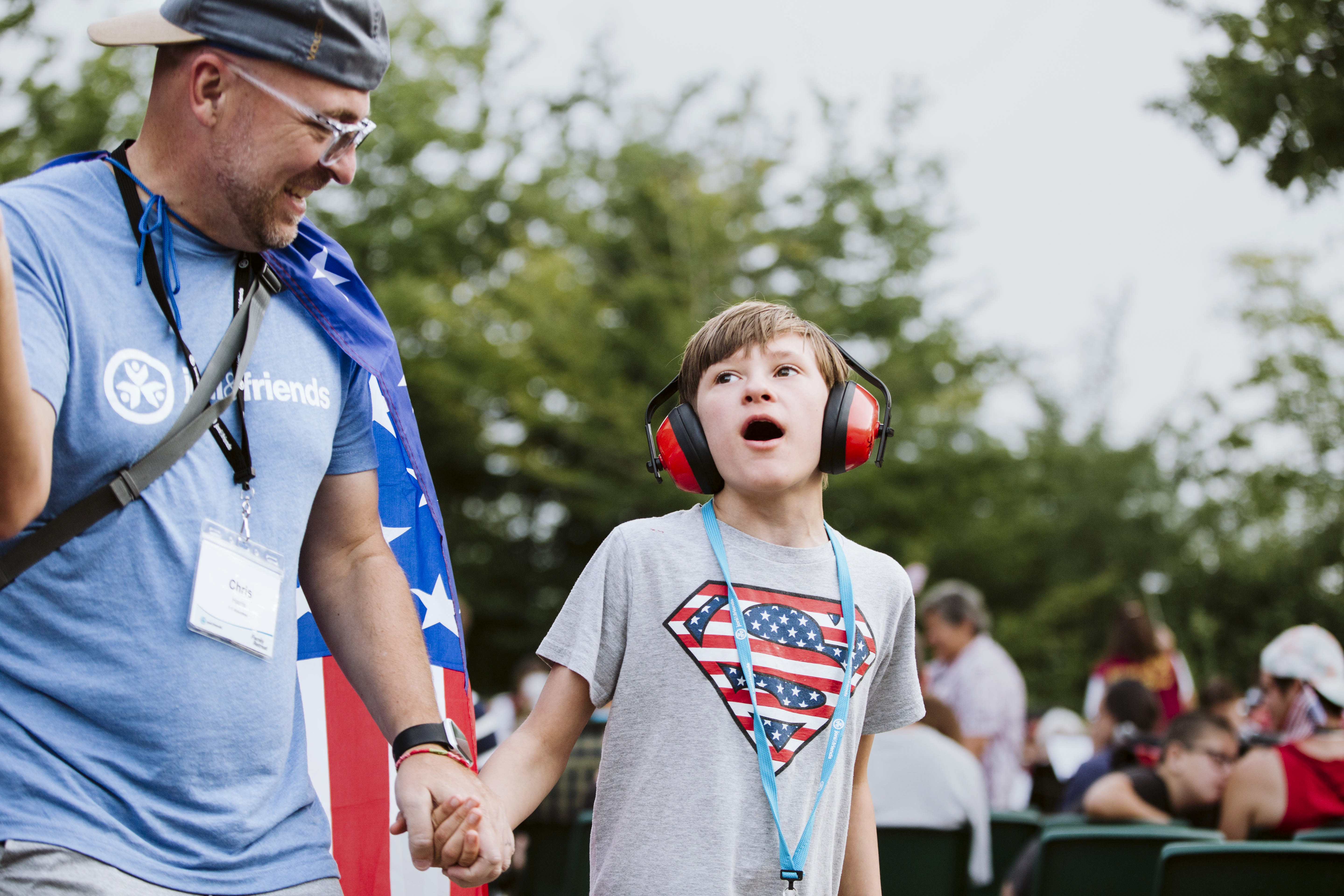
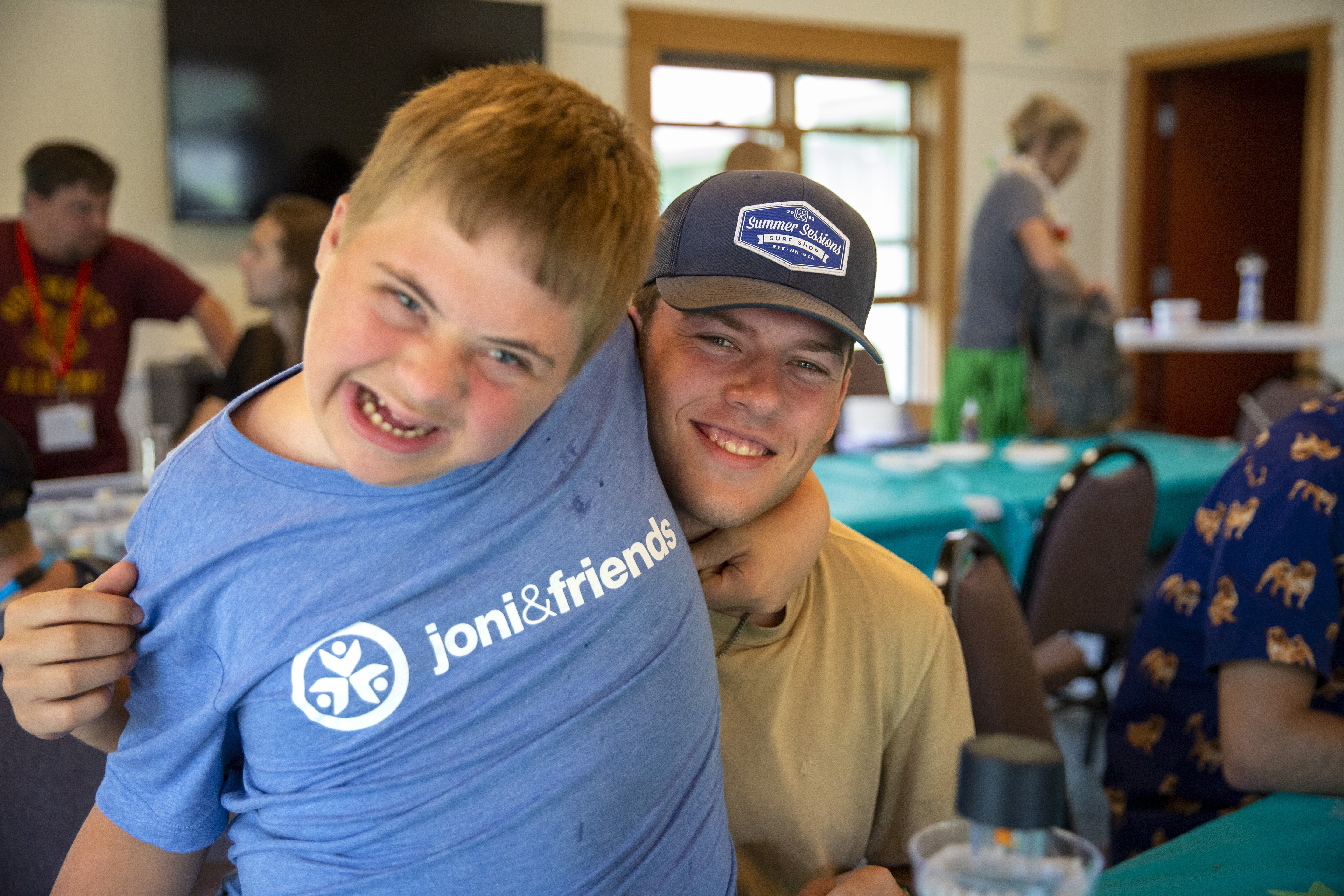
Peer Buddies
This may not be appropriate or possible in every setting, but older, mature students may serve as an invaluable “tour guide” for new students. This person can serve as a relational bridge and provide a point of contact and stability in a new environment. Discernment and wisdom should of course be used when assigning younger children as peer buddies.
Assisting Volunteers and Staff
Smooth transitions don’t happen without planning. A transfer of knowledge about a student with special needs between ministry leaders is crucial to a successful transition. But how do we ensure continuity between ministries?
Don’t Assume Communication Will Happen
Be intentional about setting up time for current ministry leaders to share the needs, accommodations, and procedures they’ve learned or implemented with the leaders in the new ministry.
Make Sure Parents/Caregivers Are Involved
Just as we can’t assume communication will happen between leaders, we can’t assume that communication will happen with parents. Making sure there is an open line of communication between the family and the new ministry leaders is equally important.
Conclusion
There’s no way around the challenges that come with transitions. But by smoothing the path as much as possible, you can ensure that those you serve are well prepared to handle whatever comes next.
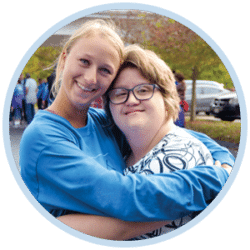
Connect with a Ministry Mentor
You can contact a Joni and Friends church training mentor directly at [email protected] or by calling (818) 707-5664. We’d love to walk with you as you seek God’s heart for people with disabilities in your church.
Helping with Life Transitions
Children affected by disability don’t stay children forever. In the same way that parents must adjust their parenting strategies, our churches must adapt ministry strategies to appropriate age levels and expectations in order to serve people affected by disability well. To learn more about this, click the link below!
